China’s financing and investment spread across 61 BRI countries in 2023 (up...
2024-02-27 30 英文报告下载
The frst scenario is entitled ‘Belt and Road ‘Rules’’. In this future scenario China secures a major role in European logistics and its Belt and Road Initiative (BRI) thrives on a high degree of globalisation. China has the power to set the logistical rules. This ‘Belt and Road ‘Rules’’ scenario assumes that the BRI evolves in line with the Chinese government’s plan, in other words that China promotes and benefts from global economic integration by investing strategically in maritime logistics infrastructure. The new links generate growth in world trade and increase China’s import and export volumes. Demand for logistics service providers consequently also grows, causing the logistics market to fourish. This gives Chinese logistics operators such as Cosco Shipping a central role in global networks and value chains, as well as in European logistics. This could involve market concentration due to the formation of conglomerates, Chinese majority interests in container terminals at major European ports, goods fows following BRI routes and determined by Chinese logistics titans and a further shift in the economic centre of gravity to Asia. The developments described in this scenario result in a strong Dutch strategic dependence on China. China’s dominance in the various areas, from fows of goods to the energy transition, value chains and standards, will limit the Netherlands’ ability to act autonomously.
In the ‘Back to the Nineties’ scenario the globalisation process has continued, but China has not been able to secure a strong role in European logistics; on the contrary, there is a return to the golden days of European logistics. This ‘Back to the Nineties’ scenario anticipates continued globalisation due to growth in world trade, with China active mainly outside Europe and building up a strong position there. An important feature of this development is the successful rollout of alternative infrastructure projects alongside the BRI. The European ‘Global Gateway’ strategy and the G7’s ‘Partnership for Global Infrastructure and Investment’ (PGII) – the former ‘Build Back Better World’ initiative of the G7 – proceed according to plan. Economic integration grows around the world and is determined not only by China’s conditions under the BRI. Protectionism and trade wars give way to liberalisation. As in the 1990s, the entire logistics sector benefts from globalisation. European players are able to defend their position: instead of Chinese operators being dominant, non-Chinese operators will also be able to remain competitive and set international standards. In this scenario the Netherlands has limited strategic dependence on China, given China’s weak role in European logistics, the ‘staying power’ of European operators in global logistics and a favourable environment for world trade.

标签: 英文报告下载
相关文章
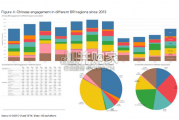
China’s financing and investment spread across 61 BRI countries in 2023 (up...
2024-02-27 30 英文报告下载
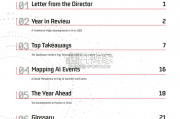
Though the risk of AI leading to catastrophe or human extinction had...
2024-02-26 50 英文报告下载
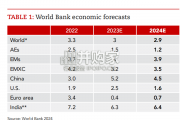
Focusing on the prospects for 2024, global growth is likely to come i...
2024-02-21 95 英文报告下载
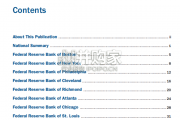
Economic activity declined slightly on average, employment was roughly flat...
2024-02-07 66 英文报告下载
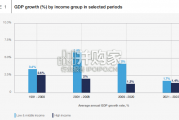
Economic growth can be defned as an increase in the quantity or quali...
2024-02-06 82 英文报告下载
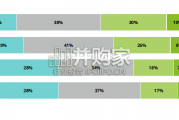
In this initial quarterly survey, 41% of leaders reported their organizatio...
2024-02-05 66 英文报告下载
最新留言